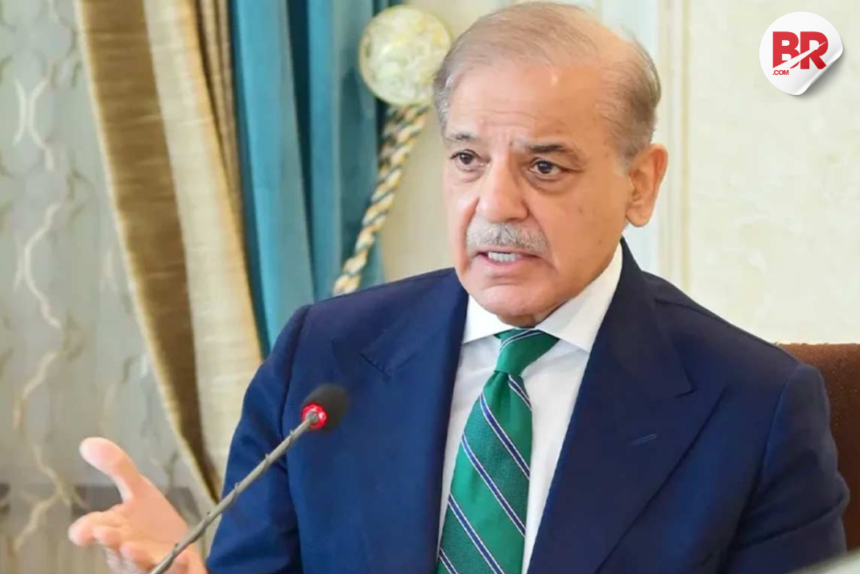
India’s bold decision to suspend the Indus Water Treaty in April has triggered a storm in Pakistan. Prime Minister Shehbaz Sharif is now scrambling to fix what looks like a serious water crisis.
The Indus Water Treaty, signed in 1960, divided river rights between India and Pakistan. India got the eastern rivers, and Pakistan got most of the water from the western rivers—Indus, Jhelum, and Chenab. For decades, India kept its promise. But after the deadly Pahalgam terror attack in April, by a Pakistani terror group, everything changed.

Prime Minister Narendra Modi made it clear:
“Blood and water cannot flow together.”
Since then, India has stayed firm. It paused the treaty, and with that, also stopped sharing flood data and other water info with Pakistan.
This move shook Islamabad. Speaking at the National Emergencies Operations Centre, PM Shehbaz Sharif called India’s decision an “evil design.” He said India had “no authority” to stop the treaty. But his panic was clear.
Sharif announced emergency plans to build new water storage facilities using Pakistan’s own resources. He also revived the long-delayed Diamer-Bhasha Dam project. This dam has been on paper since the 1980s but never got built due to location issues, cost, and environmental concerns.
The PM said, “We will build this capacity with our own resources in the next few years.”
But experts say that won’t be easy. Pakistan depends on the Indus Basin for nearly 80% of its water. And 93% of that goes into agriculture. Without it, Pakistan’s farming sector is in deep trouble.
Former foreign minister Bilawal Bhutto-Zardari even warned that India’s move could lead to “war.”
But India has reasons to act tough. For years, Pakistan-backed terror groups have attacked Indian soil. Suspending the Indus Water Treaty is New Delhi’s way of showing it’s no longer business as usual.
This situation is not just about water—it’s about security, control, and standing strong. India has made a statement: if you fund terror, there will be consequences.
Meanwhile, Pakistan is playing catch-up. The pressure is rising. And India is not blinking.
Also Read Pakistan Feels the Dry Heat: 20% Water Loss After India Suspends Indus Treaty












